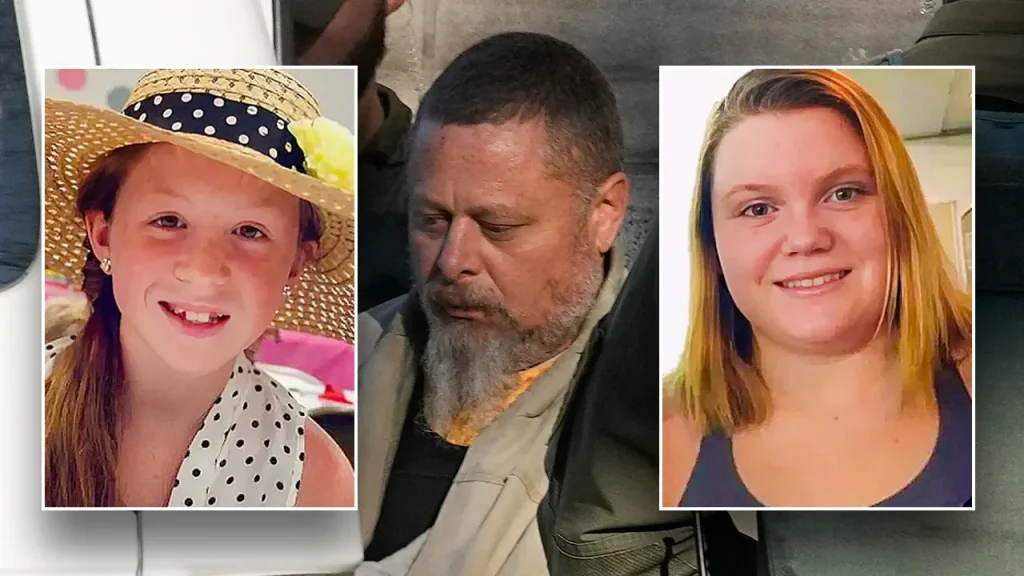Richard Allen, a 52-year-old man, is on trial for the murder of two teenage girls, Abigail Williams and Liberty German in Delphi, Indiana in February 2017. Prosecutors alleged that he cut the girls’ throats near a hiking trail, leading to their deaths. The prosecution argued that the last thing the girls saw was Allen’s face. Evidence presented included an unused bullet found at the scene that matched a gun belonging to Allen, as well as a grainy image and voice captured on German’s phone that allegedly showed Allen. The girls disappeared while walking along the Monon High Bridge Trail and were found dead the next day.
Despite being questioned months after the girls’ bodies were discovered, Allen was not arrested until five years later, in connection with their murders. Prosecutors stated in court documents that testing revealed the bullet found between the girls had been cycled through Allen’s pistol. They also claimed that Allen made incriminating statements to law enforcement, further tying him to the crime scene. Defense attorney Andrew Baldwin argued that there was reasonable doubt about his client’s guilt, claiming that Allen’s statements were made under duress. He maintained Allen’s innocence and argued that he was truly innocent.
Prosecutors introduced evidence that Allen allegedly admitted to committing the offenses he is charged with multiple times while speaking on jail phones with his wife and mother. He reportedly told authorities that he had seen three females on the trail the day the girls went missing but did not speak to them. Defense attorneys initially argued that there was evidence to support a narrative involving a pagan Norse religion being hijacked by white nationalists, who allegedly ritualistically sacrificed the girls. However, this theory did not gain traction in court, and the focus remained on Allen as the primary suspect in the case.
Throughout the trial, witnesses testified, and evidence was presented, linking Allen to the crime scene and the deaths of Williams and German. Prosecutors painted a picture of Allen as the man on the bridge in the video captured by German on her phone, tying him directly to the location where the girls were last seen. The defense continued to argue that there was reasonable doubt in the case, questioning the validity of Allen’s statements to law enforcement and the evidence presented against him. The jury was tasked with weighing the evidence and testimony presented to determine Allen’s guilt or innocence in the murders of the two young girls in Delphi.
The case garnered significant media attention, with reporters and journalists covering the trial closely. The tragic deaths of Abigail Williams and Liberty German shocked the small town of Delphi and the surrounding community. The trial highlighted the importance of seeking justice for victims of violent crimes and holding those responsible accountable for their actions. As the proceedings continued, the prosecution and defense made their arguments, leaving it up to the jury to decide the fate of Richard Allen in relation to the deaths of the two teenage girls near the hiking trail in Delphi, Indiana in 2017.


